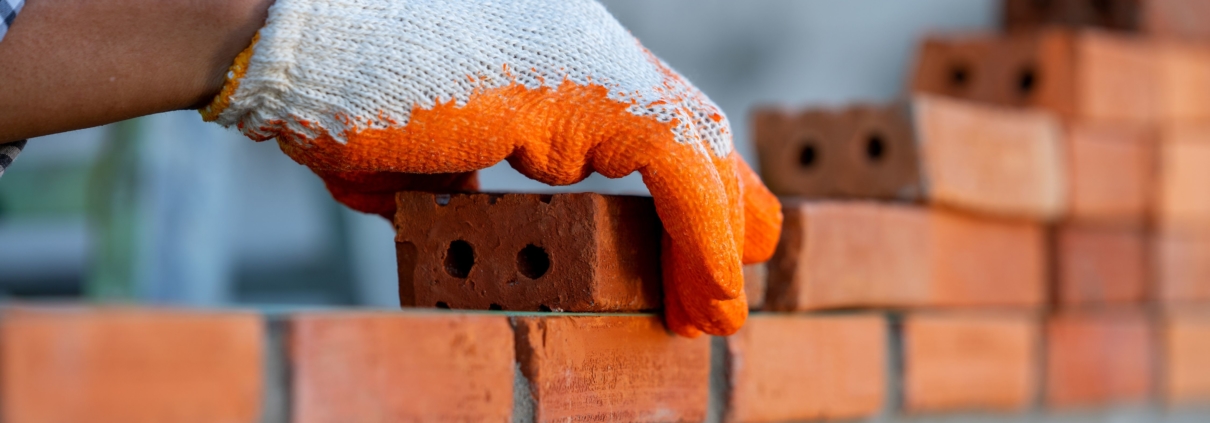Brick by Brick: Which Is Better Between Concrete & Clay?
Easily described as one of the most prominent construction methods the world has ever seen, masonry is undoubtedly associated with unhampered durability and resistance.
While contemporary methods are more commonly used than ever, the fact is that the approach in question strikes a chord with homeowners and builders looking to prioritize quality above all else. Considering that masonry systems themselves have stood the test of time against anything they go against or have struggled with, you’re most likely thinking about using them to put your next project together.
Suppose you’re at a point where you’re looking into the possibility of banking on the benefits of using masonry construction methods for your next project. In that case, there’s no doubt that the method is a worthy consideration. Once you dabble into the whole string of tasks and choices that you’ll need to handle for your construction project, you’ll end up needing to choose between using two types of bricks: concrete and clay.
Breaking down the importance of these materials
When you hear about masonry structures, the first thing that comes to mind is that they still consistently outperform all other construction methods. However, it’s important to know that the kind of durability these types of projects are best known for won’t be made possible without the kinds of bricks needed for such an effect. This is where concrete and clay bricks come into the picture.
Over the years, these bricks have become a topic of discussion among builders and future homeowners alike because they’re responsible for any masonry structure’s environmental and mechanical resistance. Yet, always remember that the success of your project all boils down to choosing the right type of brick, meaning that they’re far from being interchangeable (as most people expect them to be).
A tale of two bricks
Now that you’re about to start building your home or project with masonry principles, it’s important to know the difference between concrete and clay bricks because of how each choice offers a unique experience. To help you end up with a type of choice that best suits your needs and preferences once you enlist the help of Red Robinson Masonry to build your structure, let’s first go over both brick options in greater detail:
Concrete
Seeing its beginning as a building material in the mid-19th century, the humble concrete block has undoubtedly become an iconic staple in the strongest and longest-standing projects worldwide.
Today, these blocks have become a must-consider for those looking to build a home with masonry principles because of the immense benefits they provide anywhere they’re put. Here are some of the most essential benefits that make concrete blocks an essential option worth considering, thanks to their precise unit measurements and modular characteristics:
- Sound structural resistance
- Thermal and acoustic insulation
- Fast and easy installations
Clay bricks
If a project built with masonry principles doesn’t use concrete bricks, then it’s probably using clay bricks.
Regarded as one of the most fundamental and durable building materials ever invented, these materials have been used in construction for thousands of years because they use naturally occurring materials. Through the use of a complex mixture of minerals (typically in varying proportions) that is later on mixed, moulded, dried, and fired, these bricks yield valuable benefits, such as:
- Increased durability
- Aesthetic appeal
- Fire resistance
- Structural strength
- Energy efficiency
Conclusion
While there are many different factors that go into establishing the durability and dependability of a project made with a masonry-based approach, the bricks that are used make a significantly larger difference. By taking this guide into consideration, you’ll be able to ensure that you choose the right option for your project that best suits your needs and preferences!
Are you looking for brick repair services in Toronto? Get in touch with our leaders in masonry services to see how we can help!




Leave a Reply
Want to join the discussion?Feel free to contribute!